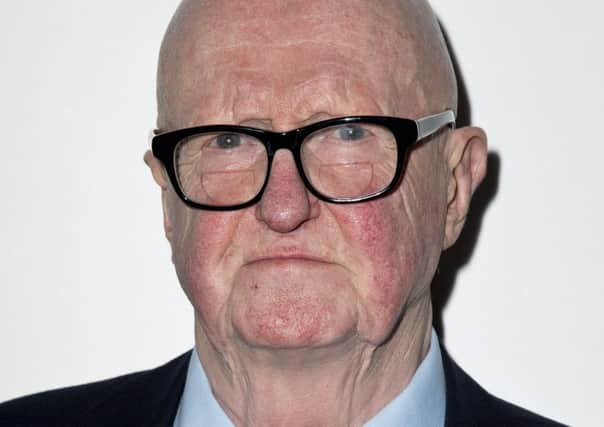Obituary: Philip French, film critic


Philip French must be one of the few journalists who was still writing on the same specialist subject for the same paper half a century a century after they started, despite changing fashions and editors’ whims. He wrote his first film review for The Observer in 1963 and continued reviewing new films for the paper until he finally stood down exactly 50 years later. And even then he went on writing about old films on DVD till shortly before his death.
French’s impact and influence went way beyond the readers of that single Sunday newspaper, however. He also wrote books, including a distinguished volume on Westerns, probably his favourite genre.
Advertisement
Hide AdAdvertisement
Hide AdAnd, although he was most visible to the public as a film critic, French’s full-time job for much of his stint as Observer film critic was actually as a BBC radio arts producer. He was producer of The Critics and Critics’ Forum and an occasional interviewer and presenter, though he suffered from a stammer, so was probably better suited to print.
There was some controversy at the BBC over whether he should be allowed to review films as a sideline – it was felt it might compromise his integrity as a producer. People cared more about these things in the days before film companies routinely picked up the bills for journalists to attend international junkets.
He was eventually given the green light, but it was made clear that he had to stick to films and not branch out into television reviewing.
When it came to his remarkable tenure at The Observer it helped that not only could he write, but he also knew about films. He belonged to a generation that was not only able, but was actually expected, to have seen every significant film ever made.
It was of course a relatively young medium and easier for a film critic to achieve than a literary critic, and easier for a critic starting off in the 1960s than in the 21st century. And this was a time before editors recruited celebrities who might see film reviewing primarily as a vehicle for their wit. Bald-headed, bespectacled French was a very familiar figure at London screenings. I did not know him, though I met him on several occasions, and he seemed like a nice guy in a field where many practitioners sharpen their critical skills with bitchy observations on the habits and abilities of their colleagues.
The son of an insurance salesman, Philip Neville French was born in Liverpool in 1933 and remembered being intrigued by his parents’ talk of going to “the pictures”. He was soon addicted.
Seventy years later he had vivid memories of his first visit, of the usherette and the commissionaire, with his medals, the curtains across the screen and the sudden darkness broken by the film.
His passion for film informed his interests in literature and history. He went to grammar school in Bristol, to where the family had moved.
Advertisement
Hide AdAdvertisement
Hide AdHe did national service in the Parachute Regiment, read law and wrote his first film reviews at Oxford University and then studied journalism in Indiana.
He began his journalistic career on the Bristol Evening Post, often teaming up with another young reporter called Tom Stoppard, who worked for another local paper. He began working with the BBC on its North America service.
French wrote his first reviews for The Observer in 1963, but did not become its regular film critic until 1978, and he did not actually leave the BBC until 1990. In an article in 2008 he noted that being a film critic was much easier in the 1960s and 1970s, with just three or four press screenings a week, whereas by 2008 there might be as many as 11 new films to see.
He had hoped to become The Observer’s principal film critic when the job fell vacant in 1967. He heard he was passed over because it was felt he was “obsessed” with films. But his broader background in the arts, wide reading, thirst for knowledge and experience of life helped him put films in their wider context.
Reviewing The Deer Hunter, he noted: “There are links with Fenimore Cooper, and its themes and situations take us directly to Hemingway’s Great War stories.” He had been known to get well into double figures in referencing other films, books and other media in a review.
He had a brief stint as deputy film critic at The Times, though he continued to write about films on television for The Observer, using a pseudonym because the BBC would not let him write about anything to do with broadcasting.
He was Critic of the Year in the British Press Awards of 2009 and was appointed an OBE in 2013. He is survived by his wife Kersti, three sons and ten grandchildren.